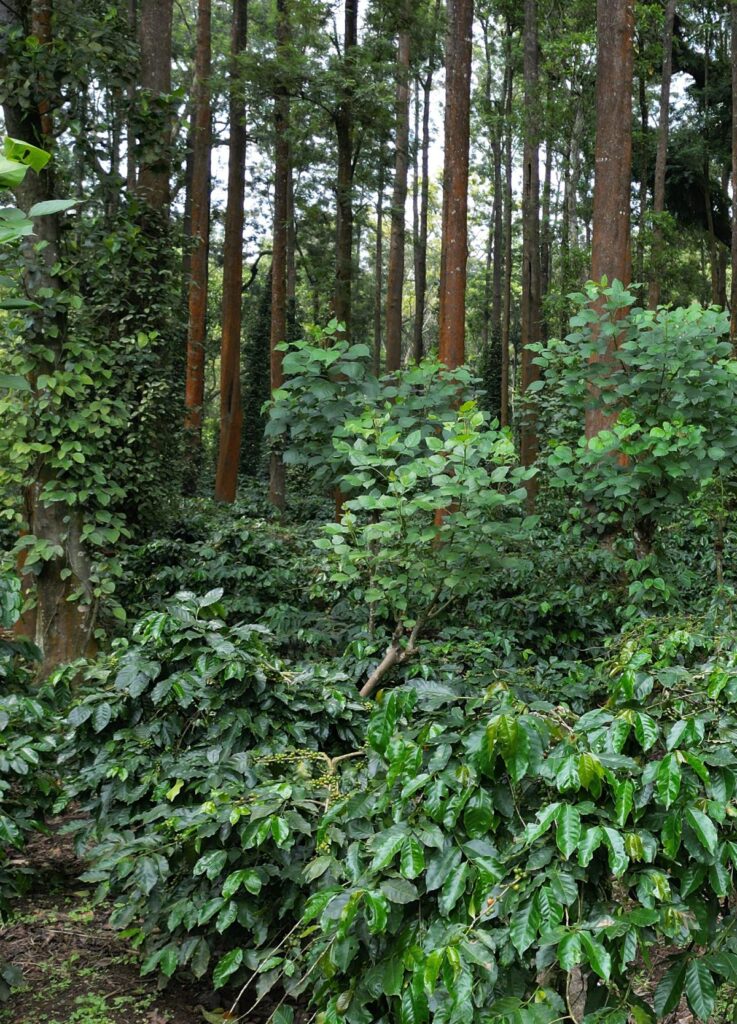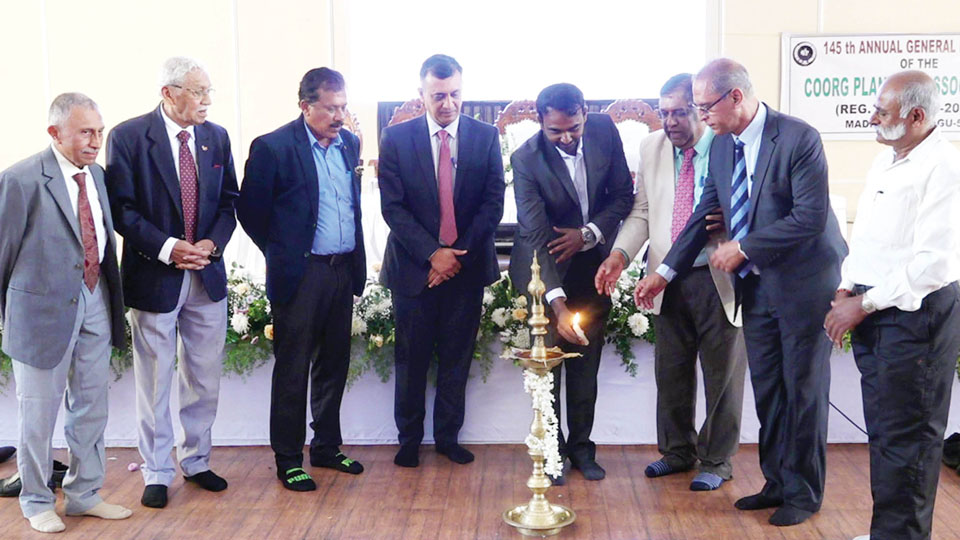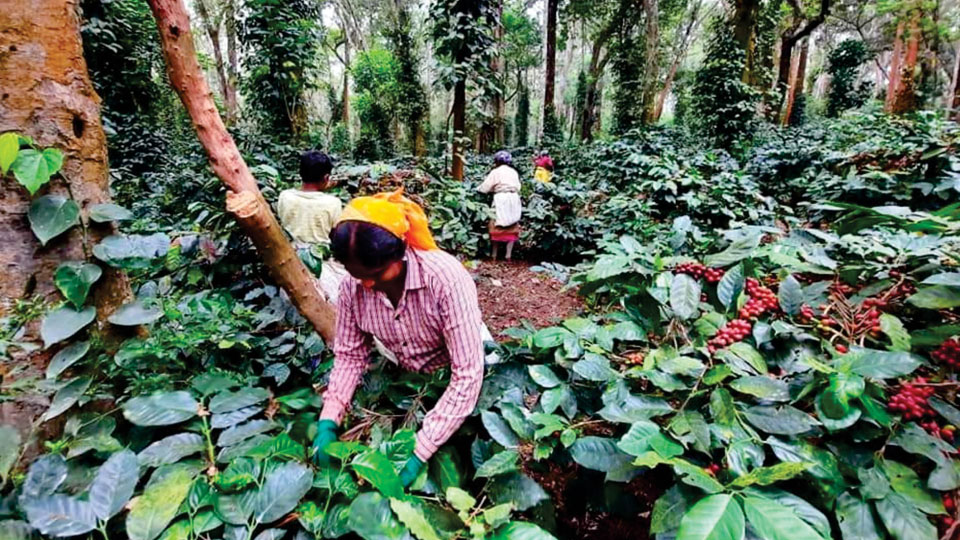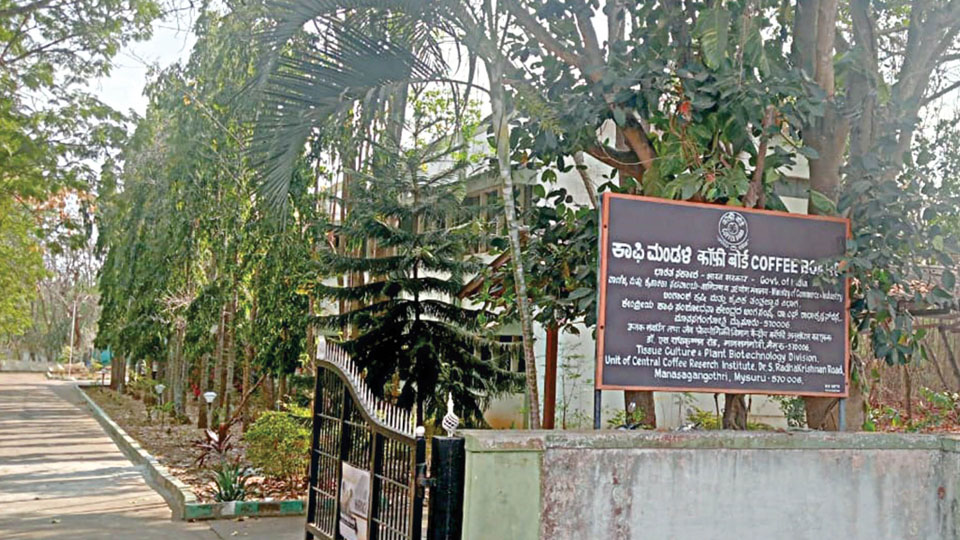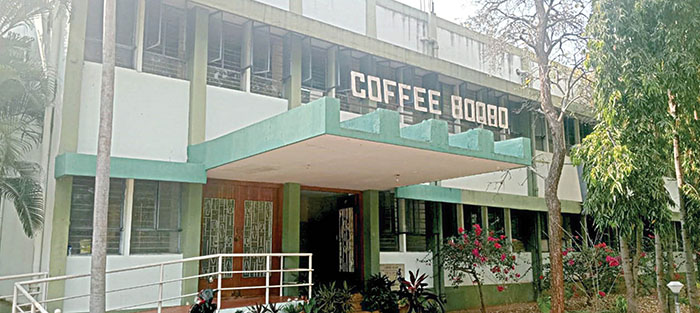Coffee Board of India has embarked on a 10-year road map with a target to double the country’s coffee production and coffee exports by 2034, said board chairman M.J. Dinesh on Tuesday (November 19).
“It’s a 10-year mandate starting from 2024 to double our production and also double our exports by 2034. We will also increase the area under production during this period. However, the focus will be on creating best yielding varieties and increasing the production from existing plants through best practices and technology upgradation,” he said.
Addressing coffee growers at the Karnataka Planters’ Association annual conference held here on Tuesday, Mr Dinesh said these activities would include forming 100 FPOs (farmer producer organisations) across the country, of which 60 will be in Karnataka. These FPOs, expected to come up within a year, would create additional momentum for the commodity within the country and in global markets, he anticipated.
What is the offing
He further said that under the 10-year growth plan, the board would also identify 10,000 small coffee farmers who would grow speciality coffee varieties mostly targeted at export markets. “We expect these small farmers to come up with a wide range of speciality varieties that can fetch a premium in the global markets,” he added.
Under the 10-year market expansion plan, the board would also facilitate 10,000 coffee kiosks, mostly managed by women entrepreneurs, to increase the country’s per capita coffee consumption from 107 grams currently to 250 grams in 10 years, he further said.
He also said the board has an ambitious target of nearly trebling the coffee production from 3.7 lakh tonnes in 2024-25 to 9 lakh tonnes by 2047.
Commenting on the possibilities of mechanisation, Mr Dinesh said currently, the growers’ community has been pending a whopping ₹ 1200 crore to ₹ 1300 crore to get the coffee harvested annually through manual labour. This expenditure could be significantly reduced through the use of harvesting machines, and IIT Kharagpur, in collaboration with the Coffee Board, has been working on the prototypes of some such machines.
“Overall, the 10-year plan will certainly give Indian coffees a sizable standing in the global markets. In addition, it will also redefine the coffee landscape of the country,“ he hoped.
KPA chairman K G Rajeev said the grower’s body has made a presentation to the Ministry of Commerce and Industries seeking the inclusion of coffee under PM Fasal Bima Yojana. Presently, coffee farmers are not covered under insurance, while all other plantation crops are covered under insurance. The KPA has also sought assistance from the Govt to promote brand identity for coffee and tea emphasising their quality and unique characteristics. It has also sought exemption or reduction of customs duty on import of agriculture equipment.
source: http://www.thehindu.com / The Hindu / Home> News> India> Karnataka / by Mini Tejaswi / November 20th, 2024
